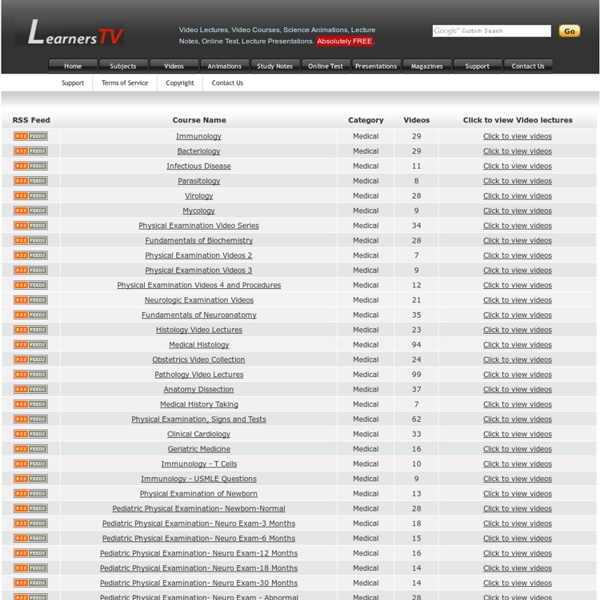



Medical Ethics and Professionalism - Case Studies - Issues Ethics and Professionalism ACP is devoted to policy development and implementation on issues related to medical ethics and professionalism, and is a resource for ACP members and the public. Learn More ACP Ethics Manual, Sixth Edition The ACP Ethics Manual is intended to guide physicians in making ethical decisions in clinical practice, teaching and medical research. MOC and CME credits are available to ACP members and Annals subscribers for completion of an online educational activity and are offered free of charge. Read the ACP Ethics Manual, Sixth Edition Physician Charter on Professionalism The Physician Charter on Professionalism was developed through a collaboration between the ABIM Foundation, the ACP Foundation and the European Federation of Internal Medicine. ACP received an ABIM Foundation “Putting the Charter into Practice” grant to develop physician education materials addressing stewardship of health care resources. Read the Physician Charter Ethics Issues and Position Papers
Medical Device Makers Report Malfunctions And Patient Injuries In FDA Database Hidden From Public ViewKaiser Health News [UPDATED at 6 p.m. ET on March 8] Dr. Kwazneski later turned to the Food and Drug Administration’s public database that tracks medical device failures and “there was nothing,” he said. Kwazneski had no idea the FDA had quietly granted the makers of surgical staplers a special “exemption” allowing them to file reports of malfunctions in a database hidden from doctors and from public view. “I don’t want to sound overdramatic here, but it seemed like a cover-up,” said Kwazneski, who practiced in Pasco County, Fla., from 2016 through earlier this year. After Dr. The FDA has built and expanded a vast and hidden repository of reports on device-related injuries and malfunctions, a Kaiser Health News investigation shows. Deaths must still be reported in MAUDE. An FDA official said that the program is for issues that are “well-known and well-documented with the FDA” and that it was reformed in 2017 as a new voluntary summary reporting program was put in place for up to 5,600 devices. Even Dr. Dr.
Critical Psychiatry Network The Critical Psychiatry Network (CPN) is a psychiatric organization based in the United Kingdom. It was created by a group of British psychiatrists who met in Bradford, England in January 1999 in response to proposals by the British government to amend the 1983 Mental Health Act (MHA). They expressed concern about the implications of the proposed changes for human rights and the civil liberties of people with mental health illness. Most people associated with the group are practicing consultant psychiatrists in the United Kingdom's National Health Service (NHS), among them Dr Joanna Moncrieff. Participants in the Critical Psychiatry Network share concerns about psychiatric practice where and when it is heavily dependent upon diagnostic classification and the use of psychopharmacology. Key issues[edit] Coercion and social control[edit] The other involved the introduction of community treatment orders (CTOs) to make it possible to treat people against their wishes in the community.
Research identifies changes in neural circuits underlying self-control during adolescence: Study shows developing brain networks support cognition in youth -- ScienceDaily The human brain is organized into circuits that develop from childhood through adulthood to support executive function -- critical behaviors like self-control, decision making, and complex thought. These circuits are anchored by white matter pathways which coordinate the brain activity necessary for cognition. However, little research exists to explain how white matter matures to support activity that allows for improved executive function during adolescence -- a period of rapid brain development. Researchers from the Lifespan Brain Institute of the Perelman School of Medicine at the University of Pennsylvania and Children's Hospital of Philadelphia applied tools from network science to identify how anatomical connections in the brain develop to support neural activity underlying these key areas. In this study, the researchers mapped structure-function coupling -- the degree to which a brain region's pattern of anatomical connections supports synchronized neural activity.
Vaccines and Autism: A Tale of Shifting Hypotheses | Clinical Infectious Diseases Skip to Main Content Advertisement Journals Books Search IDSA Journals Close Advanced Search Search Menu Article Navigation Volume 48 Issue 4 15 February 2009 Article Contents Journal Article Vaccines and Autism: A Tale of Shifting Hypotheses Stanley Plotkin, Stanley Plotkin Section Editor Reprints or correspondence: Dr. Search for other works by this author on: Oxford Academic PubMed Google Scholar Jeffrey S. Jeffrey S. Division of Infectious Diseases, The Children's Hospital of Philadelphia Philadelphia, Pennsylvania Oxford Academic PubMed Google Scholar Paul A. Paul A. Oxford Academic PubMed Google Scholar Clinical Infectious Diseases, Volume 48, Issue 4, 15 February 2009, Pages 456–461, Published: Article history Received: 25 August 2008 Accepted: 14 October 2008 Abstract Although child vaccination rates remain high, some parental concern persists that vaccines might cause autism. Several issues undermine the interpretation by Wakefield et al. [1] of this case series. Table 1 Thimerosal (pg.